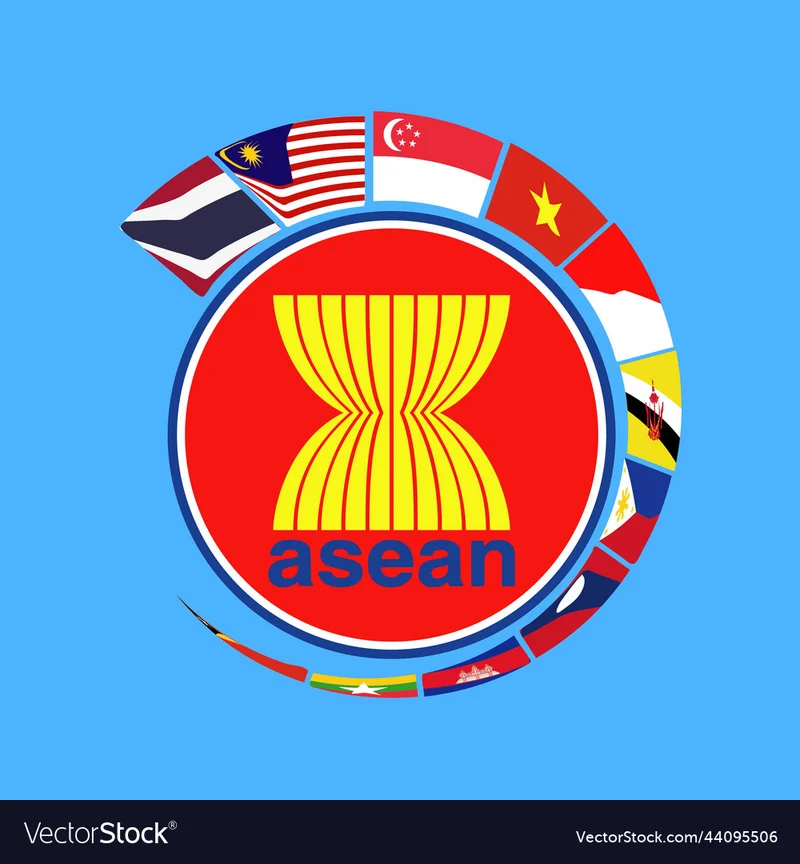ASEAN: Current Status, Regional Influence, and Economic Implications
Generated Title: ASEAN's "Neutrality Anchor": More Slogan Than Strategy?
The Geopolitics of East Timor
Timor-Leste's accession to the Southeast Asia Nuclear Weapon-Free Zone (SEANWFZ) Treaty is being hailed as a strategic masterstroke, a reinforcement of ASEAN's neutrality amid rising US-China tensions. The claim is that tiny Timor-Leste, by immediately signing onto the treaty, is "rescuing ASEAN’s most defining principle." But let's dissect this narrative. The question isn't whether the sentiment is nice, but whether it moves the needle.
The core argument rests on the idea that Timor-Leste fills a "geographical loophole," solidifying the treaty's reach. Before, the zone was "politically powerful but geographically fragmented." Now, Southeast Asia's "entire landmass and contiguous maritime space is formally and legally covered." It’s a compelling image, but is it strategically sound, or just a convenient soundbite?
The SEANWFZ Treaty itself is the crux of the matter. Critics (and there are many) dismiss it as an outdated relic, toothless without the buy-in of the five recognized nuclear powers. These powers – the US, China, Russia, France, and the UK – have consistently refused to ratify its protocol. So, we're pinning ASEAN's hopes on a treaty that global heavyweights openly disregard?
The argument pivots to the treaty's "political substance." It's a "normative barrier," a "collective declaration" against a nuclear arms race in Southeast Asia. Fine, declarations are nice, but they don't stop missiles. ASEAN relies on "international law and diplomatic consensus for its survival, not hard power." That's a problem. Because when consensus crumbles, all you’re left with is law… and who exactly is enforcing that law against a determined superpower?
ASEAN’s internal struggles further complicate the picture. The bloc is caught between the US and China, struggling for consensus on issues like the South China Sea. Some members are cozying up to Beijing, undermining any unified front. The Philippines, for example, is pushing for a South China Sea code of conduct by 2026, but faces resistance from pro-China factions within ASEAN. Are we seriously suggesting that Timor-Leste's symbolic gesture will override these deep-seated divisions?

The Numbers Tell a Different Story
Let's look at Timor-Leste itself. It’s the newest and smallest member of ASEAN, with an economy heavily reliant on oil revenues and external aid. Its institutional and administrative capacity "still lags," requiring technical support. (That's putting it mildly.) Now, I'm not dismissing Timor-Leste's commitment, but let's be realistic about its leverage. Can a country with a GDP of roughly $3 billion (to be more exact, about $3.1 billion in 2024) really "anchor" a region grappling with geopolitical giants?
Here's where I find the narrative particularly thin. We're celebrating Timor-Leste’s "uncompromised adherence to a major legal commitment." Meanwhile, ASEAN struggles to enforce its Five-Point Consensus on Myanmar, with some members actively undermining the effort. Highlighting Timor-Leste's compliance only underscores the hypocrisy of others. It's like praising a kid for cleaning his room while the rest of the house is on fire.
And what about the economic angle? The fanfare around Timor-Leste’s entry also focuses on "resultant economic opportunities." But let's be honest: Timor-Leste's market size is minuscule compared to the rest of ASEAN. The real economic benefits are likely to flow to Timor-Leste, not from it. The country will need massive investment to shore up infrastructure and prepare its workforce. How much of that investment will come from ASEAN, and on what terms?
The celebration of Timor-Leste as a "neutrality anchor" seems more like wishful thinking than strategic analysis. Timor-Leste steps up as ASEAN’s new neutrality anchor It's a convenient narrative that glosses over ASEAN's internal divisions, the SEANWFZ Treaty's limitations, and Timor-Leste's own capacity constraints. It reminds me of those corporate press releases that spin a minor achievement into a game-changing breakthrough.
This Treaty is a Fig Leaf
ASEAN needs more than symbolic gestures and feel-good headlines. It needs concrete action, unified resolve, and a willingness to confront difficult truths. Until then, declarations of neutrality are just that: declarations.
